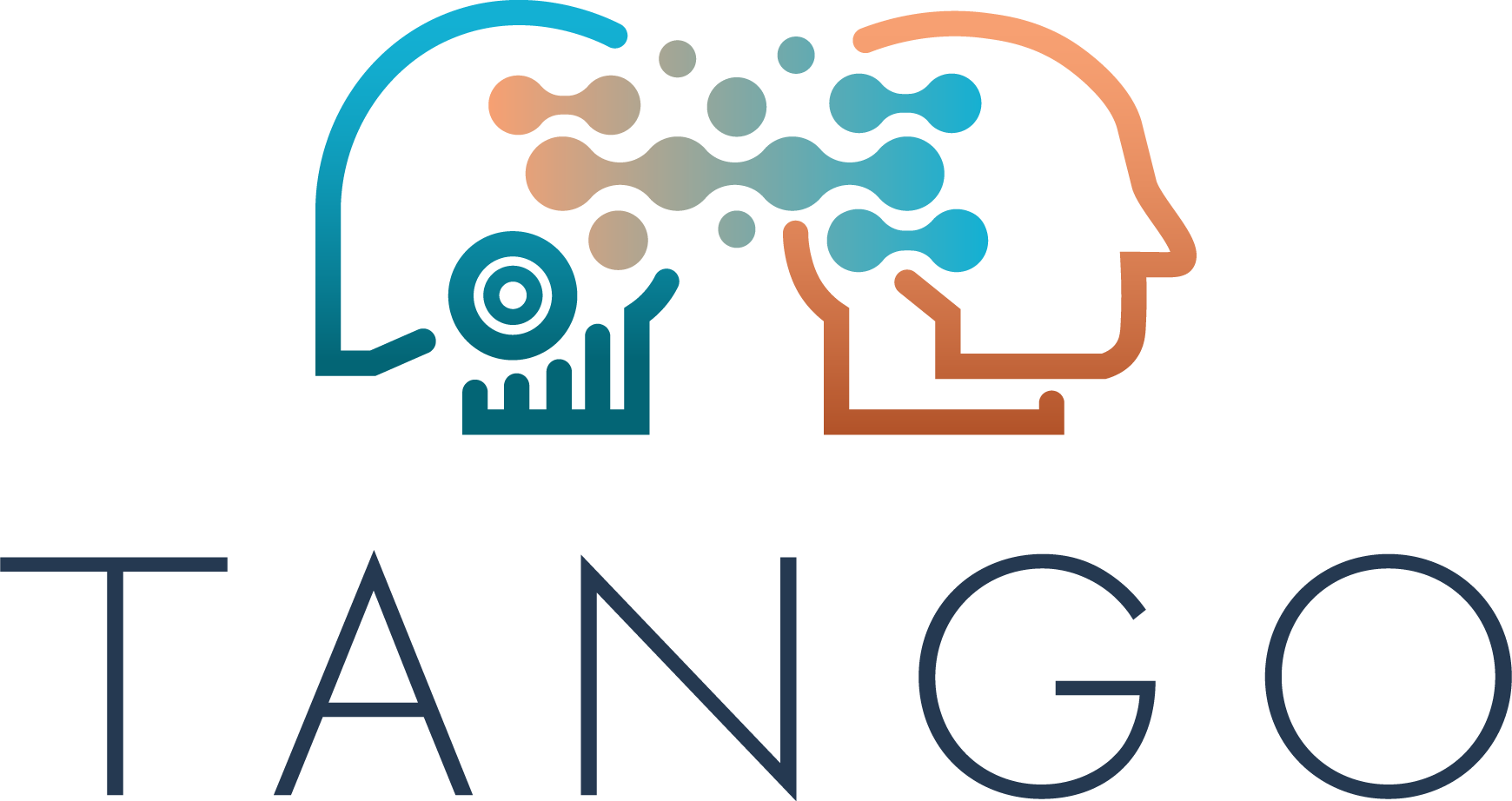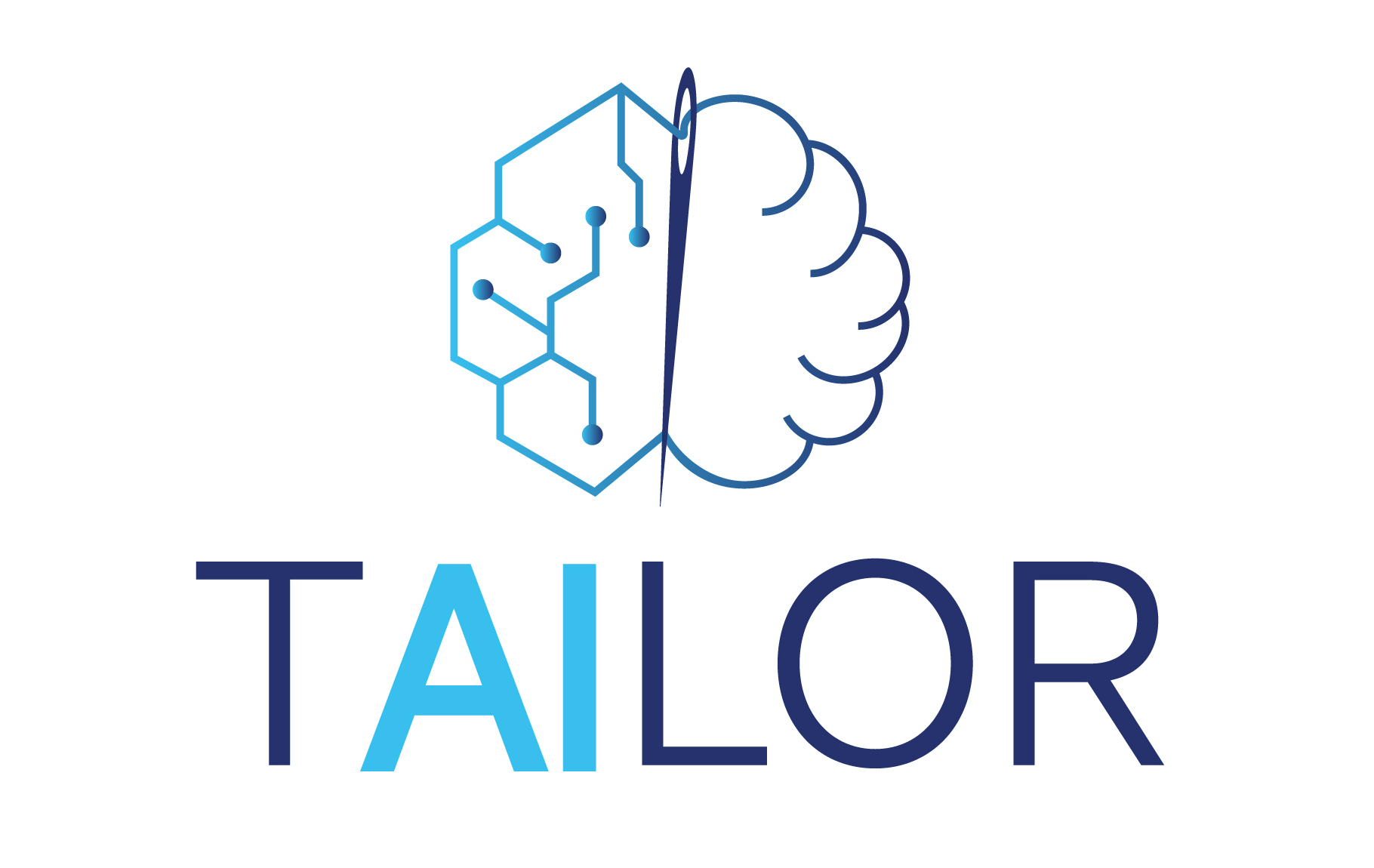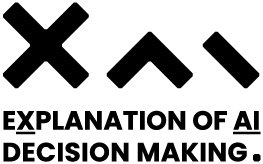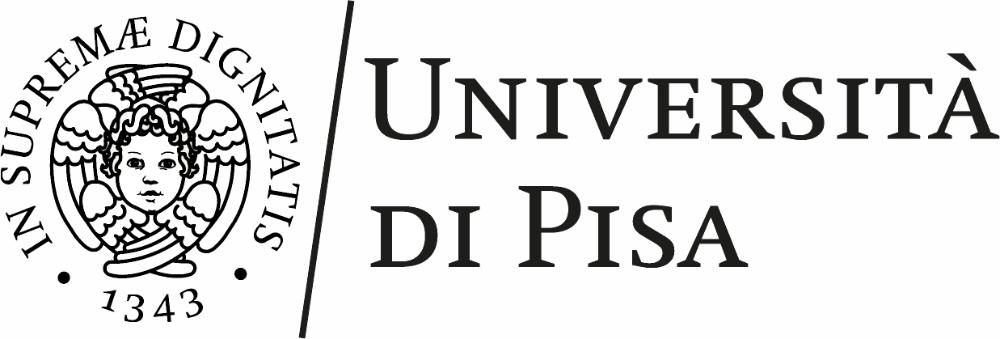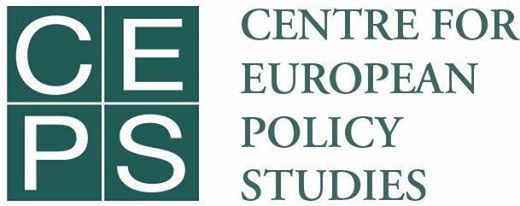Workshop opening (9:00 - 9:10)
Keynote 1 (9:10 - 9:50)
Prof.Catholijn M. Jonker
Title: Hybrid Intelligence in Negotiation Processes
Abstract: Hybrid Intelligence is the augmentation of human intelligence by means of collaborating with artificial intelligence. I will show how this paradigm can be used to improve the effectiveness of complex negotiations. The combination of types of intelligence proposed is that of human intelligence, symbolic machine learning and large language models.
Paper Session 1 (09:50 - 10:50)
09:50 - 10:05
A Causal Framework for Evaluating Deferring Systems by Filippo Palomba, Andrea Pugnana, Jose M Alvarez and Salvatore Ruggieri (pdf)
10:25 - 10:20
Scenario-based Automatic Testing of a Machine Learning Solution with the Human in the Loop by Maxence Demougeot, Sylvie Trouilhet, Jean-Paul Arcangeli and Françoise Adreit (pdf)
10:20 - 10:35
Discussion
10:35 - 10:50
Interpretable and Efficient Counterfactual Generation with Disentangled Variational Autoencoders by Cesare Barbera and Andrea Passerini (pdf)
Coffee break (10:50 - 11:20)
Keynote 2 (11:20 - 12:00)
Prof. Nick Chater
Title: Interactive explainability: Black boxes, mutual understanding and what it would really mean for AI systems to be as explainable as people
Abstract: Black box AI systems often based on deep neural networks (DNNs) are being developed with astonishing speed. But in critical real-world contexts, such as providing legal, financial or medical advice or assistance, their deployment faces formidable practical and legal barriers. Users, and especially regulators, will demand explainability: that AI systems can provide justifications for their statements, recommendations, or actions. Typically, both regulators and AI researchers have adopted an internal view of explainability: the emerging field of X-AI aims to ‘open the black box’, designing systems whose workings are transparent to human understanding. We argue that, for DNNs and related methods, this vision is both unachievable and misconceived. Instead, we note that AI need only be as explainable as humans and the human brain is itself effectively a black box in which a tangle of 10 11 neurons connected by 10 14 synapses carry out almost unknown computations. We propose a very different notion, InterActive Explainability (IAE): the ability of a system, whether human or AI, to coherently justify and defend its statements and actions to a human questioner. IAE requires local, contextually-specific responses built on mutual understanding between an AI system and the questioner (e.g., of commonly held background beliefs and assumptions). We outline what mutual understanding involves, and why current AI systems seem far from achieving such understanding. We propose that IAE should be a key criterion for regulators, and a central objective for AI research.
Paper Session 2 (12:00 - 12:45)
12:00 - 12:15
Can LLMs Correct Physicians, Yet? Investigating Effective Interaction Methods in the Medical Domain by Burcu Sayin, Pasquale Minervini, Jacopo Staiano and Andrea Passerini (pdf)
12:15 - 12:30
Developing Human-centric Machine Learning Models for Temporal Data by Bahavathy Kathirgamanathan, Eleonora Cappuccio, Salvatore Rinzivillo, Gennady Andrienko and Natalia Andrienko (pdf)
12:30 - 12:45
Improving Bias Correction Standards by Quantifying its Effects on Treatment Outcomes by Alexandre Abraham and Andrés Hoyos Idrobo (pdf)
Lunch break (12:45 - 14:00)
Keynote 3 (14:00 - 14:40)
Prof. Nuria Oliver
Title: On humans, biases and algorithms
Poster Spotlights (14:40 - 14:50)
Disagreement-based Active Learning for Robustness Against Subpopulation Shifts by Yeat Jeng Ng, Viktoriia Sharmanska, Thomas Kehrenberg, Anastasia Pentina and Novi Quadrianto (pdf)
Discussion
Human heuristic based Drop-out Mechanism for Active Learning by Sriram Ravichandran, Nandan Sudarsanam and Konstantinos Katsikopoulos (pdf)
Poster session (14:50 - 15:50)
All contributions
Coffee break (15:50 - 16:20)
Keynote 4 (16:20 - 17:00)
Dr. Stephan Alaniz
Title: Explainability in the Era of Multimodal Large Language Models
Abstract: Large Language Models (LLMs) have emerged as versatile tools with a rapidly expanding range of applications, particularly when augmented by multimodal extensions that enable reasoning about visual data. This development naturally raises the question of whether LLMs can provide effective explanations for computer vision tasks. In this talk, we will present our research on leveraging LLMs to generate natural language explanations for computer vision tasks and discuss strategies for aligning the language of LLMs with the specific needs and preferences of individual communication partners, which plays an important role when deploying LLMs to interact with a diverse population of humans.
Final Discussion (17:00 - 17:30)









